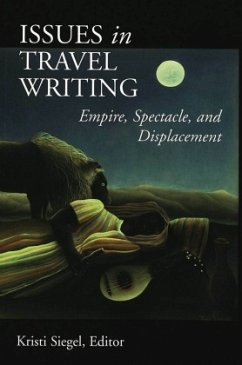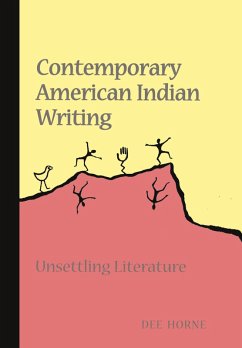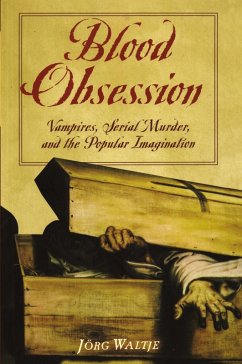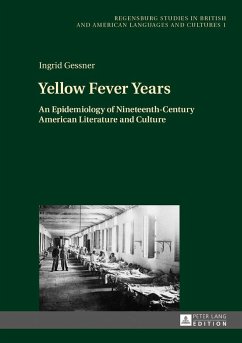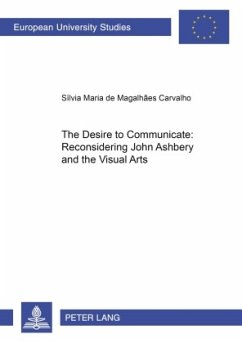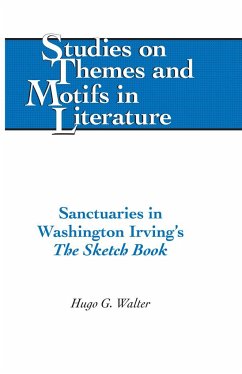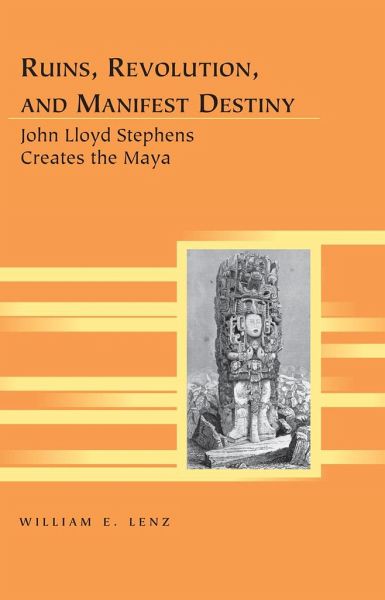
Ruins, Revolution, and Manifest Destiny
John Lloyd Stephens Creates the Maya

PAYBACK Punkte
0 °P sammeln!
As American literary and cultural scholars reconsider the foundations of U.S. relations with other nations, Ruins, Revolution, and Manifest Destiny: John Lloyd Stephens Creates the Maya locates in Stephens's immensely popular nineteenth-century travel narratives (1841, 1843) the sources of American perceptions of Central America and contributes directly to current redefinitions of American nationalism, Manifest Destiny, and hemispheric imperialism. The study challenges modern readers to examine critically the cultural stereotypes that the nineteenth century embraced and that often formed the b...
As American literary and cultural scholars reconsider the foundations of U.S. relations with other nations, Ruins, Revolution, and Manifest Destiny: John Lloyd Stephens Creates the Maya locates in Stephens's immensely popular nineteenth-century travel narratives (1841, 1843) the sources of American perceptions of Central America and contributes directly to current redefinitions of American nationalism, Manifest Destiny, and hemispheric imperialism. The study challenges modern readers to examine critically the cultural stereotypes that the nineteenth century embraced and that often formed the basis for national policy. By reading Stephens closely, by locating him within a larger cultural dialogue about such crucial issues as national identity, race relations, Manifest Destiny, and historical representation, we can better understand past and present national attitudes toward peoples and nations south of the U.S. territorial border. Anticipating many of the issues that would give rise to the war with Mexico and then to the U.S. Civil War, Stephens sees the racial landscape of Central America in stark categories. Writing travel narratives about Central America and reading narratives written by an American traveling in Central America are acts of cultural imperialism that result in both writer and reader implicitly possessing Central America, absorbing its Mayan history and contemporary diversity into an American national mythology. Central America becomes, through Stephens's acts of exploring and inscribing, an imaginative extension of the United States and the Maya, the original New World Americans. Ruins, Revolution, and Manifest Destiny encourages twenty-first-century readers to untangle these often conflicting acts of exploration, inscription, and imagination.





